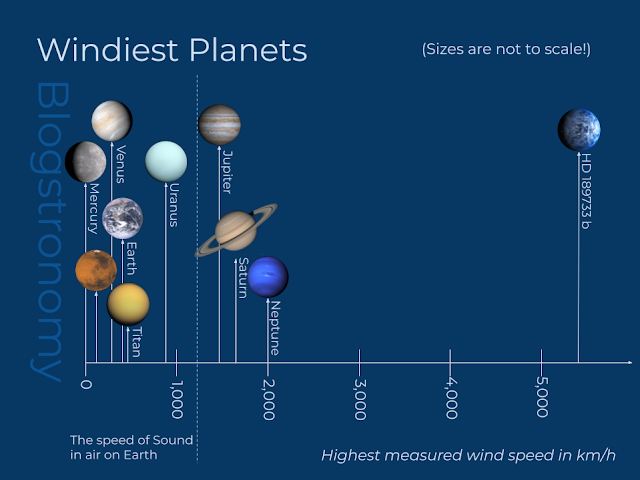#CampEd12 Astronomy - A Preliminary
Hello to anyone attending #CampEd12 next weekend (and apologies to everyone else as this post won't mean much to you)!
I just wanted to collate some comments I've made on twitter recently for anyone who's interested in attending my astronomy sessions at the weekend (don't forget to sign up via the document Bill Lord sent out yesterday (Saturday)!).
First of all, my sessions will be informal and only rudimentarily planned. This is my style; I wish to leave most of it to be dictated by you and your interests; I don't want to waffle on about Betelgeuse when you're gagging to hear about Europa. I want to run it with the ethos of this very blog in mind: it's about dipping your toe into the Universe of astronomy in the hope that you'll get the urge to start swimming lengths of your own accord. I try to achieve this by answering the questions that you ask, rather than telling you things that I want you to hear.
With all that in mind...
- You can do astronomy with or without equipment. If you have binoculars, bring 'em. If you don't, then don't worry- your eyes will be fine, and I'm sure someone will let you borrow their binoculars for a moment or two if you want to try them out.
- I'm hoping, weather permitting, to have a couple of telescopes set up for people to look through. The biggest of these is the newest, and I haven't had a chance to use it yet due to the inclement weather, so it'll be a learning experience for me too!
- If anyone who's coming has any experience with practical astronomy and using telescopes I'll be more than happy for you to hang around and give me ideas and tips: my experience and education is heavily swayed towards the theoretical side of things, and the practical stuff is something I'm learning as I go.
- If you're interested in finding your way around the skies it's a good idea to have a planisphere with you. A planisphere is basically a star map, and you can pick them up from any good bookshop (head to the popular science rack in your local Waterstones- that's where I got mine from). Also, if you have a smartphone there are some great apps that you can use. For those with phones running Android, check out Sky Map (it's free!). For those of a more Apple-y dispostion, there's Star Walk (£1.99 on iPhone, £2.99 for the iPad version). Both of these apps use your phone's GPS and accelerometers to orient the image to the part of the sky you're looking at, allowing you to find names and info for the objects you're looking at.
- Ask me questions. That's how this blog works, and I want the sessions I do next weekend to work in a similar way. Do it in person, use the form or tweet me. Bear in mind that it would be helpful if I could research some of the questions beforehand, so the sooner you ask the better! Questions I've been asked by #CampEd12 ers so far include "how can I see the ISS?" and "how can I spot planets?"
- Take a look around the blog- other people's questions may spark some of your own, and who knows, you might even like it and stick around...



Comments
Post a Comment